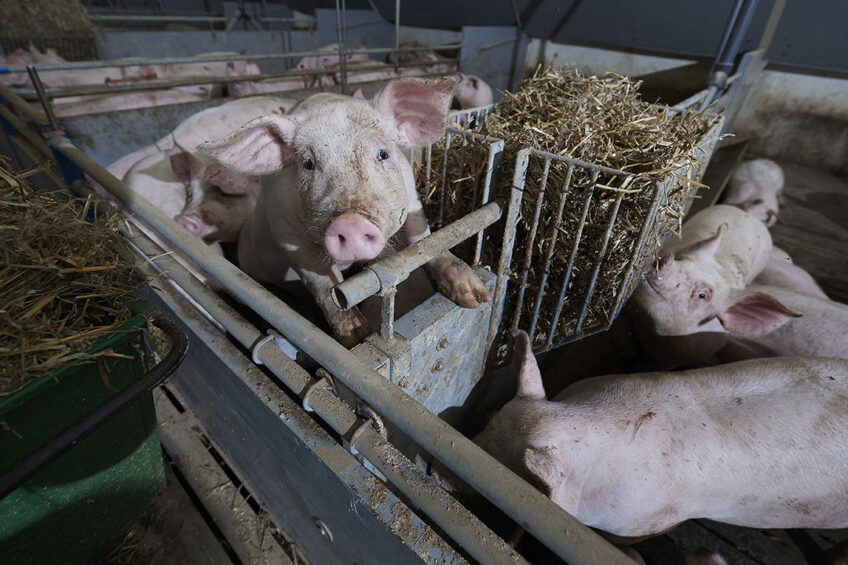Togo’s capital, Lomé, has been the scene of intense confrontations between protestors and security forces for two straight days, as anger mounts over constitutional reforms that critics say could entrench President Faure Gnassingbé’s grip on power indefinitely.
Protests erupted following the recent overhaul of the country’s governance structure, prompting a harsh response from authorities. On Friday, police fired tear gas into crowds across several neighborhoods and were captured on video allegedly assaulting demonstrators with batons. Some protestors were reportedly left with serious injuries.
2nd day of protest in Togo,police have run out of tear gas they are now using Stones pic.twitter.com/n0gScasQbd
— MethoDman (@polo_kimanii) June 27, 2025
Disturbing footage also shows security officers forcefully entering homes and attacking residents with whips and clubs. In addition, groups of armed men in civilian clothing—believed to be informal security auxiliaries—were seen patrolling the capital.
“We strongly condemn the violence with which unarmed protesters have been met,” said Professor David Dosseh, spokesperson for a coalition of more than a dozen civil society groups, in a statement to the Associated Press.
Brutal beating and assault by three agents of the @FEGnassingbe regime’s forces against a defenseless woman in Lomé, on the sidelines of yesterday’s demonstration. #FreeTogo #Togoiscrying
It’s a big shame! pic.twitter.com/SPZZPfmX8f
— VOLTA / OTI YOUTH (@ForVolta) June 27, 2025
In an apparent attempt to curb mobilization, internet access has been restricted across the country, with social media platforms experiencing frequent disruptions.
The demonstrations, organized by activists and influencers, were staged from June 26 to 28, in response to growing concerns about democratic erosion. Earlier this month, government forces had already moved to stifle protest efforts.
At the center of the unrest is President Gnassingbé’s appointment in May as President of the Council of Ministers, a newly empowered role that lacks term limits and allows re-election by Parliament. This effectively allows him to continue exercising power without contesting national elections.
The traditional presidency, now stripped of its executive authority, was handed to Jean-Lucien Kwassi Savi de Tove, a move that opposition figures have slammed as a “constitutional coup.”
Protesters blocked roads in Togo as they called for President Faure Gnassingbe’s resignation. Protest organizers called for three days of gatherings, although participants on Thursday were quickly scattered by soldiers, Reuters witnesses said https://t.co/wN85sTKr5L pic.twitter.com/AZypHLu91S
— Reuters (@Reuters) June 27, 2025
Faure Gnassingbé has ruled Togo since 2005, succeeding his father, Gnassingbé Eyadéma, who governed for nearly four decades. The new political arrangement has drawn alarm across West Africa, a region increasingly destabilized by coups and authoritarian shifts.
Though public demonstrations have been rare since a protest ban was enacted in 2022 following a deadly market attack, the recent reforms have reignited nationwide tensions, with critics warning of a deepening democratic crisis.








